
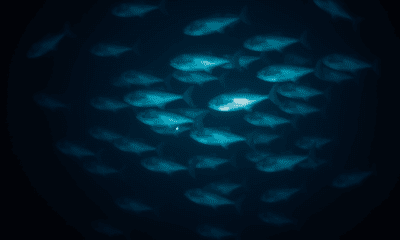

Mesopelagic fish, long overlooked in ocean chemistry, are now proven to excrete carbonate minerals much like their shallow-water counterparts—despite living in dark, high-pressure depths. Using the...



In 2023, the world’s oceans experienced the most intense and widespread marine heatwaves ever recorded, with some events persisting for over 500 days and covering nearly...

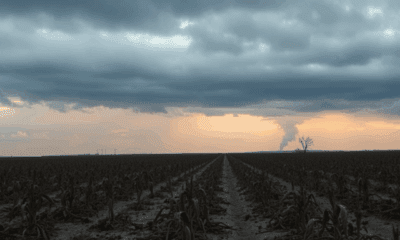

What would happen if a nuclear war triggered a climate-altering catastrophe? Researchers have modeled how such a scenario could devastate global corn crops cutting production by...
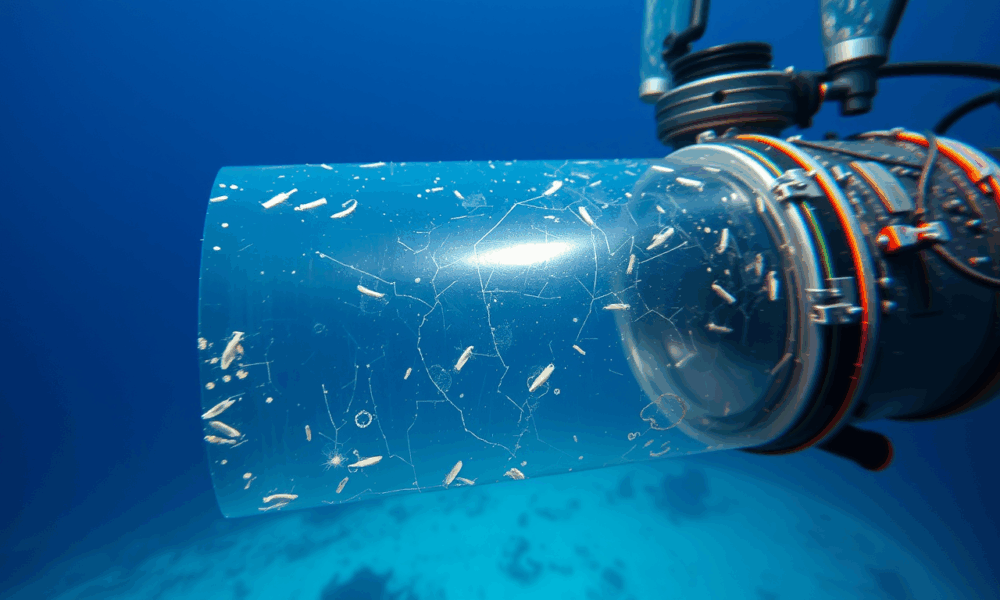
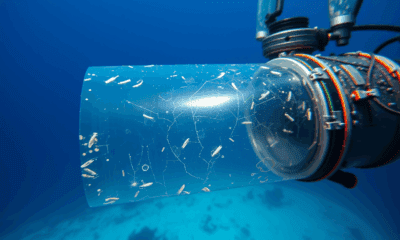

A new eco-friendly plastic called LAHB has shown it can biodegrade even in the extreme environment of the deep ocean, unlike conventional plastics that persist for...



Imagine concrete that not only survives wildfires and extreme weather, but heals itself and absorbs carbon from the air. Scientists at USC have created an AI...



A colossal 7.7 magnitude earthquake rocked central Myanmar in March 2025, marking the strongest quake in over a century. What makes this event groundbreaking isn't just...



Scientists in Australia have uncovered the biological triggers behind oil production in oats, a discovery that could revolutionize how oats are processed and marketed. By using...
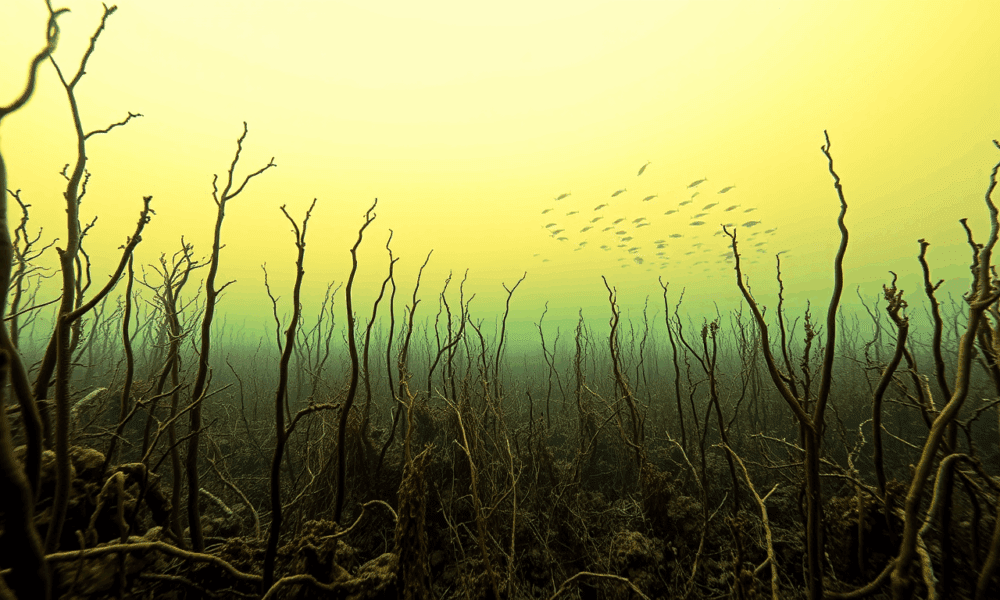
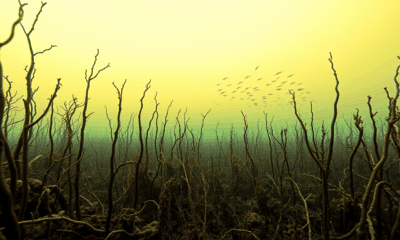

A scorching marine heatwave from 2014 to 2016 devastated the Pacific coast, shaking ecosystems from plankton to whales and triggering mass die-offs, migrations, and fishery collapses....
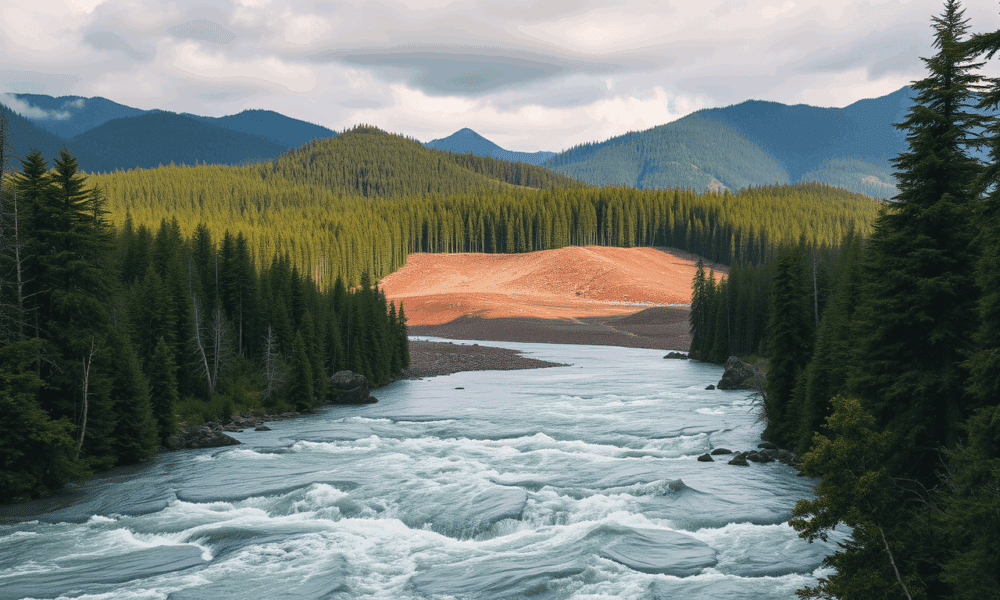
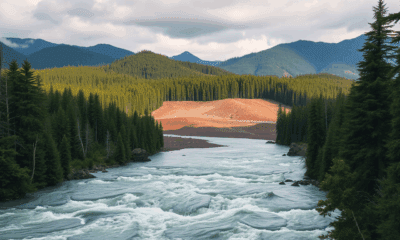

Clear-cutting forests doesn’t just raise flood risk — it can supercharge it. UBC researchers found that in certain watersheds, floods became up to 18 times more...
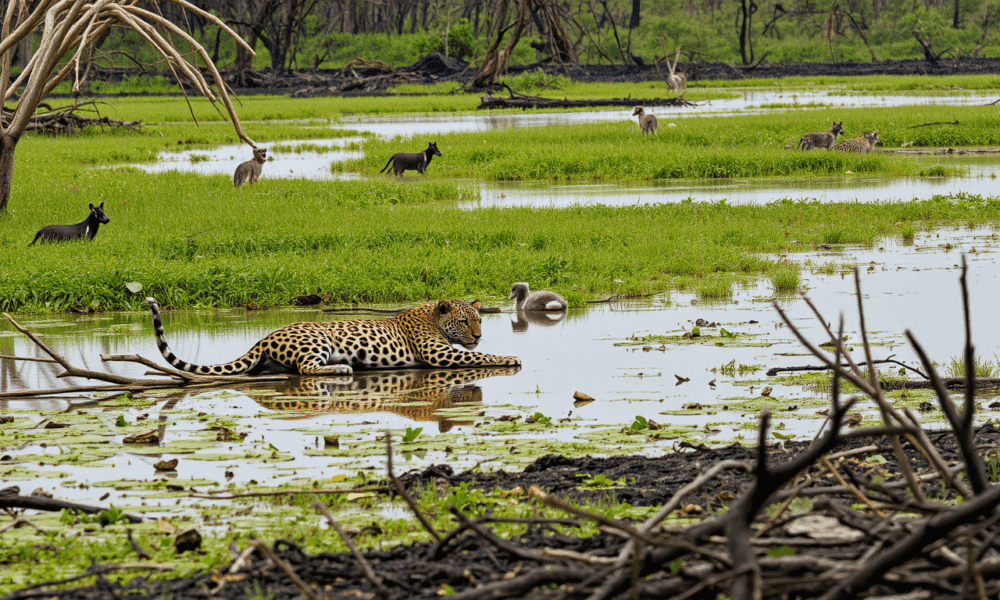
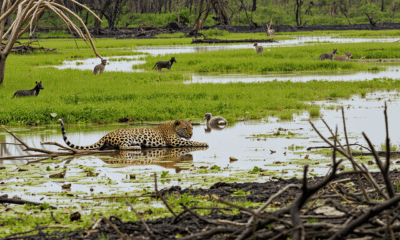

After devastating wildfires scorched the Brazilian Pantanal, an unexpected phenomenon unfolded—more jaguars began arriving at a remote wetland already known for having the densest jaguar population...